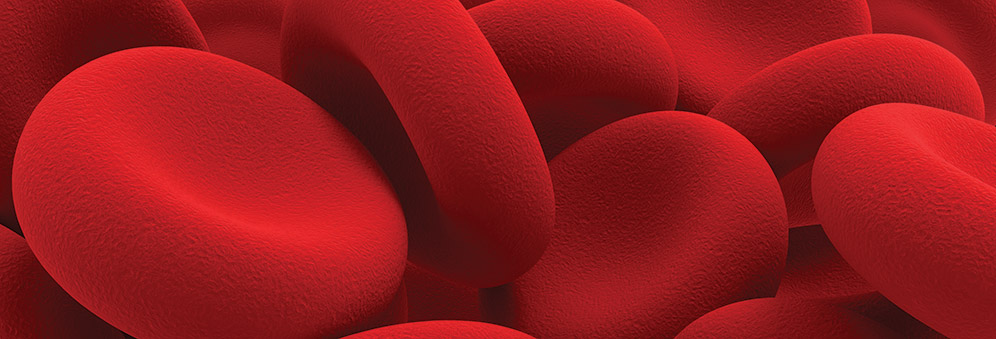Improving accuracy of diagnosis for childhood leukaemia
New cell analysis procedures have led to improved diagnostic techniques and national standards for cell processing.
New cell analysis procedures have led to improved diagnostic techniques and national standards for cell processing.
New research on links between reward and learning can bridge the gap between neuroscience and education, offering the chance to improve scientific understanding of learning amongst teachers.
Research and application of implementation science drives programme that significantly reduces risk of brain damage in babies born early.


